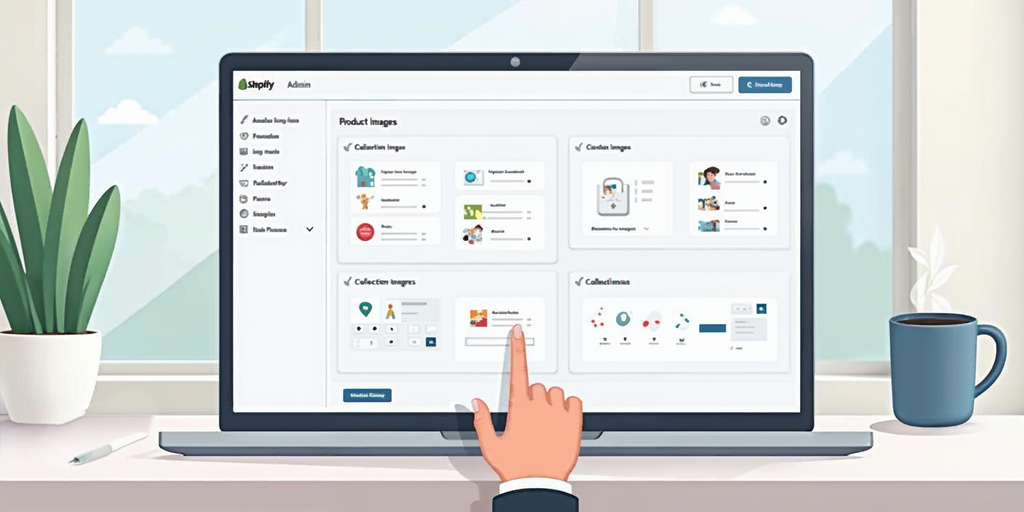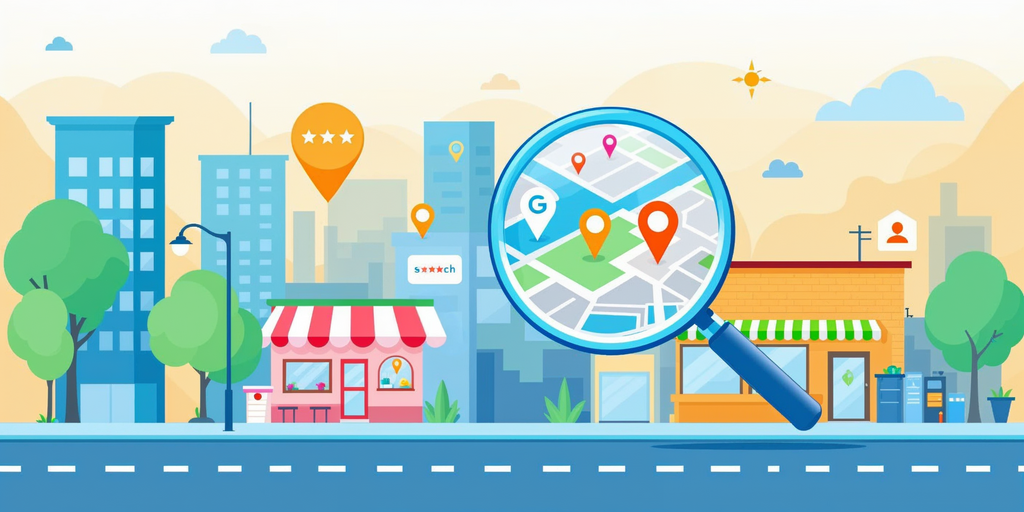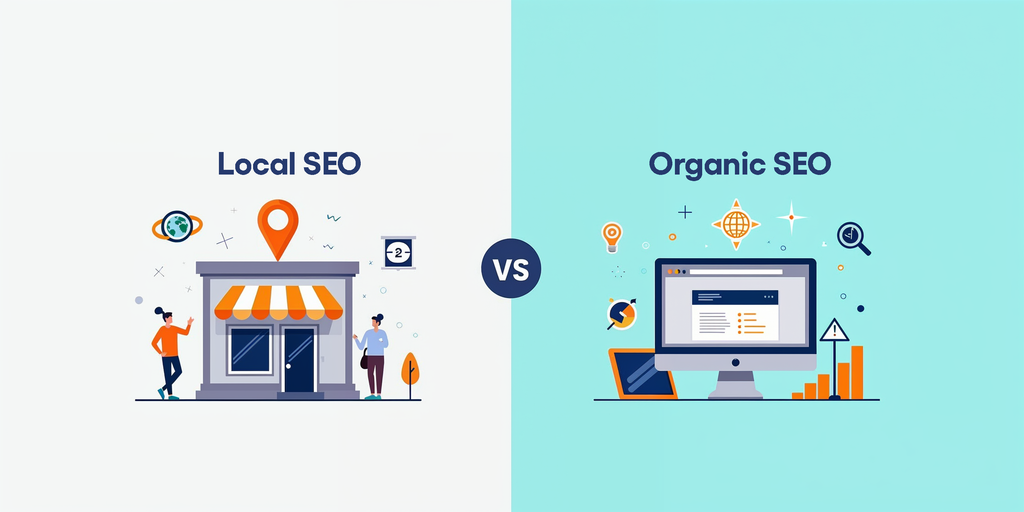How to Use Chatbot for SEO

AI chatbots are revolutionizing the world of SEO. These powerful tools harness natural language processing and machine learning to understand user queries and provide intelligent responses. By integrating chatbots into your SEO workflow, you can gain a competitive edge, drive meaningful results, and take your search engine rankings to new heights.
What are AI Chatbots and Why Do They Matter for SEO?
AI chatbots are computer programs designed to simulate human conversation. Popular examples include ChatGPT, Bard, and Bing. These chatbots use advanced algorithms to interpret user input and generate relevant, contextual responses.
But why should SEO professionals care about chatbots? It all comes down to understanding search intent and user needs. Chatbots excel at analyzing user queries and identifying the underlying goals behind each search. By tapping into this valuable data, you can create content that resonates with your target audience and satisfies their search intent.
Moreover, chatbots automate many time-consuming SEO tasks, from generating optimized content to handling technical optimizations. This frees up your time to focus on high-level strategy and creative problem-solving.
10 Powerful Ways for How to Use Chatbot for SEO
1. Keyword Research and Analysis
Keyword research forms the foundation of any successful SEO campaign. But sifting through endless keyword variations can be a daunting task. That's where chatbots shine.
By inputting a seed keyword into a chatbot like ChatGPT, you can instantly generate a list of long-tail keywords, LSI variations, and related phrases. The chatbot analyzes vast amounts of data to uncover keywords you may have overlooked.
But don't stop there. Take those chatbot-generated keywords and validate them using dedicated research tools. Analyze search volume, competition levels, and SERP features to prioritize the most promising opportunities.
2. Content Ideation and Planning
Writer's block is the bane of every content marketer's existence. When you're staring at a blank screen, it's easy to feel stuck. Chatbots are your secret weapon for breaking through creative roadblocks.
Try prompting a chatbot with a broad topic and asking for blog post ideas. The chatbot will generate a list of potential titles and angles, each one tailored to your target keywords and audience.
You can also use chatbots to create comprehensive content outlines and briefs. Simply provide the chatbot with your main topic, target word count, and desired structure. In seconds, you'll have a detailed roadmap to guide your writing process.
3. On-Page Optimization and Content Creation
Crafting click-worthy meta tags is both an art and a science. You need to entice users to click while also incorporating target keywords. Chatbots streamline this process by generating compelling title tags and meta descriptions at scale.
Feed the chatbot your primary keyword and a brief content summary, and watch as it produces a variety of optimized tag options. Mix and match the suggestions to create tags that are both engaging and SEO-friendly.
Chatbots can also assist with on-page content optimization. Use them to generate subheadings, bullet points, and content snippets that naturally integrate your target keywords. Just be sure to review and refine the chatbot-generated content to align with your brand voice and ensure accuracy.
4. Technical SEO Automation
Navigating the complexities of technical SEO can be overwhelming, especially for beginners. Chatbots simplify many technical tasks, from generating schema markup to creating hreflang tags.
For example, you can input your website's key information (e.g., business name, address, phone number) into a chatbot and ask it to generate the corresponding schema code. The chatbot will output properly formatted markup that you can easily add to your site's HTML.
Similarly, chatbots can help with creating and validating robots.txt and .htaccess files. By providing clear instructions and rules, you can ensure that search engine crawlers interact with your site as intended.
5. Content Gap Analysis and Competitor Research
To dominate the search rankings, you need to identify and fill content gaps. Chatbots make this process a breeze.
Start by inputting a list of your target keywords and asking the chatbot to suggest related topics and questions. The chatbot will generate a list of potential content ideas based on search data and user queries.
Next, analyze your competitors' content for those same keywords. Look for topics they've covered that you haven't yet addressed. By filling these gaps with high-quality, optimized content, you can outrank your rivals and capture a larger share of search traffic.
6. Voice Search Optimization
As voice assistants like Siri and Alexa become increasingly popular, optimizing for voice search is a must. Voice queries tend to be longer, more conversational, and phrased as questions.
Chatbots help you adapt your content for voice search by generating natural language variations of your target keywords. Prompt the chatbot to rephrase your content using question-based headings and concise, direct answers.
You can also use chatbots to create voice-friendly summaries and bullet points. These snippets should be brief, informative, and easily digestible when read aloud.
7. Link Building and Outreach
High-quality backlinks are the lifeblood of SEO. They signal to search engines that other websites trust and value your content. But link building is notoriously time-consuming and challenging.
Chatbots can streamline your link building efforts by identifying relevant outreach opportunities. Prompt the chatbot to generate a list of websites in your niche that accept guest posts or resource page submissions.
You can also use chatbots to craft personalized outreach emails at scale. Provide the chatbot with information about your content and target website, and let it generate a compelling pitch. Just be sure to customize each email before sending to build genuine relationships.
8. Reputation Management and Customer Insights
Your online reputation directly impacts your search rankings. Chatbots help you stay on top of brand mentions and customer feedback across the web.
Set up chatbot alerts to monitor mentions of your brand name, products, or target keywords. The chatbot will notify you whenever new reviews, comments, or social media posts surface.
You can also use chatbots to analyze sentiment trends over time. By tracking positive and negative mentions, you can identify areas for improvement and proactively address customer concerns.
9. Search Trend Analysis and Content Refreshing
Staying ahead of search trends is key to maintaining your competitive edge. Chatbots help you identify emerging topics and trending keywords in your industry.
Set up regular chatbot queries to monitor search volumes and related keywords for your target topics. When you spot a surge in interest, move quickly to create timely, relevant content that capitalizes on the trend.
Chatbots can also help you identify outdated content on your site that may be dragging down your rankings. Prompt the chatbot to analyze your existing content and flag articles that are ripe for an update.
10. Workflow Integration and Automation
To truly harness the power of chatbots for SEO, you need to integrate them into your workflows. Most chatbot platforms offer APIs and integrations that allow you to connect with your favorite SEO tools.
For example, you can set up automated chatbot queries to run on a regular schedule and feed the results directly into your content calendar or project management system. This ensures that your team always has a fresh supply of optimized content ideas and keywords.
You can also use chatbots to generate automated reports and alerts for key SEO metrics like rankings, traffic, and backlinks. By keeping a pulse on your performance, you can quickly identify and address any issues before they impact your bottom line.
Check Out Our SEO Service.
Best Practices and Considerations
While chatbots are incredibly powerful tools for SEO, they're not a magic bullet. To get the most out of chatbots, follow these best practices:
- Always fact-check and edit chatbot-generated content for accuracy and relevance.
- Balance AI efficiency with human creativity and oversight. Chatbots are a supplement, not a replacement, for human expertise.
- Align your chatbot's personality and tone with your brand guidelines to maintain consistency.
- Prioritize user experience and engagement alongside SEO. Avoid keyword stuffing or other spammy tactics.
- Stay up-to-date with the latest chatbot technologies and SEO trends to stay ahead of the curve.
Real-World Examples and Case Studies
Need some inspiration for your chatbot-powered SEO strategy? Check out these real-world examples:
- Airbnb uses chatbots to provide instant answers to common customer questions, reducing support costs and improving user satisfaction.
- Sephora's chatbot offers personalized product recommendations based on user preferences and search history, driving higher conversion rates.
- Domino's Pizza's chatbot streamlines the ordering process and integrates with multiple messaging platforms, making it easy for customers to get their pizza fix.
These companies showcase the power of chatbots for enhancing user experience, generating valuable customer insights, and ultimately boosting search rankings.
Conclusion
AI chatbots are a game-changer for SEO. By leveraging these powerful tools, you can streamline your keyword research, generate optimized content, automate technical tasks, and gain a competitive edge in the search rankings.
But the benefits of chatbots go beyond just SEO. By providing instant, personalized support and recommendations, chatbots enhance user experience and drive customer loyalty.
As AI continues to evolve, the role of chatbots in SEO will only grow. Those who embrace this technology and integrate it into their strategies will be well-positioned to succeed in the future of search.
So what are you waiting for? Start experimenting with chatbots today and take your SEO to the next level!
FAQs About How to Use Chatbot for SEO
Are Chatbots Safe to Use for SEO?
Yes, as long as you use them responsibly and follow search engine guidelines. Avoid using chatbots to generate spammy or duplicate content.
How Much Do AI Chatbots Cost?
Chatbot pricing varies depending on the platform and features. Some chatbots offer free plans with limited functionality, while others require a paid subscription for advanced features.
Do I Need Coding Skills to Use Chatbots for SEO?
No, most chatbot platforms offer user-friendly interfaces and pre-built templates that require no coding. However, some customization may require basic HTML or CSS knowledge.
Can Chatbots Replace Human SEO Experts?
No, chatbots are a powerful tool to supplement human expertise, but they cannot replace the creativity, strategic thinking, and emotional intelligence of human SEO professionals.
How Often Should I Update My Chatbot's Knowledge Base?
Regularly update your chatbot's knowledge base to ensure it provides accurate, up-to-date information. Set a schedule to review and refresh your chatbot's training data at least once per quarter.
Share via



